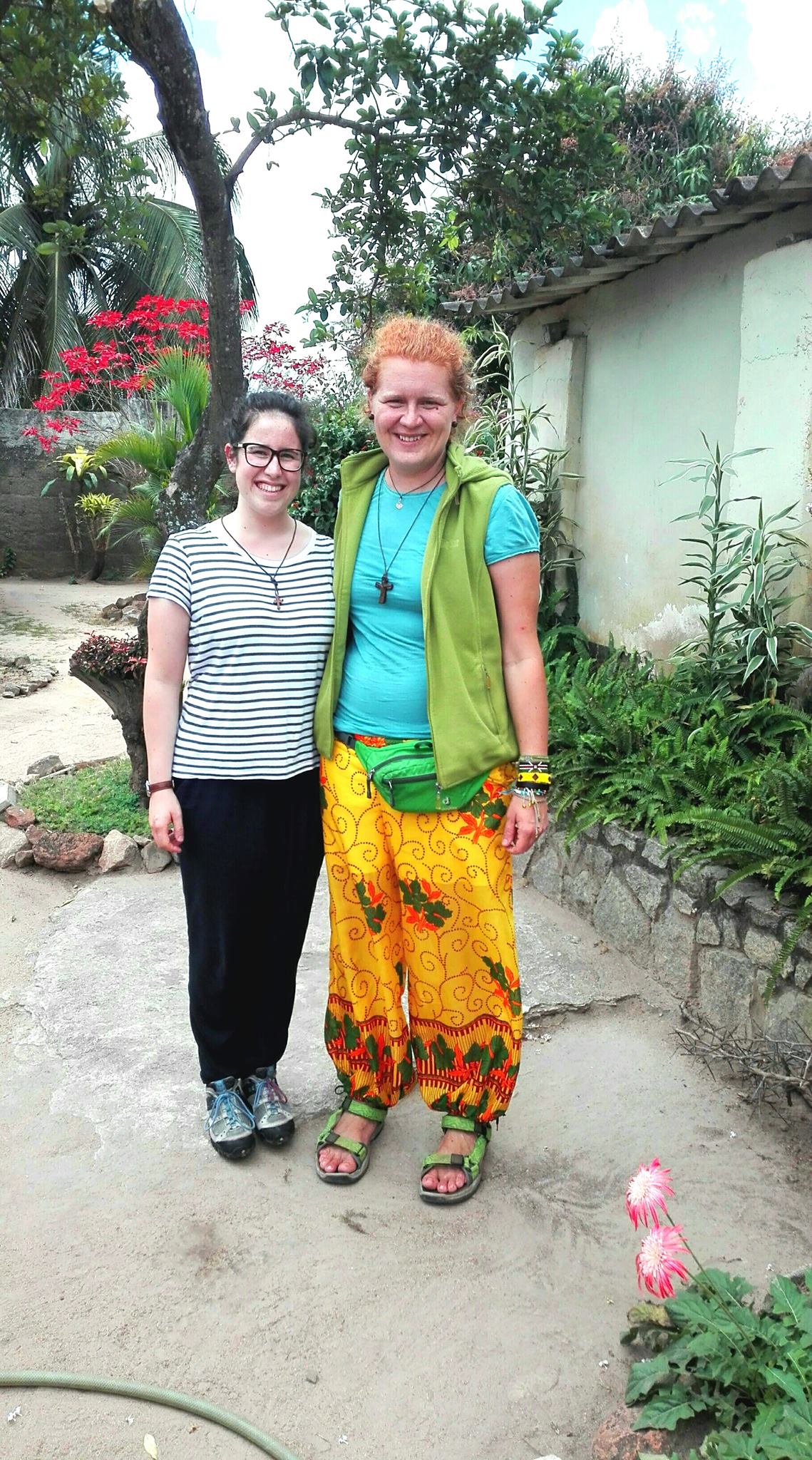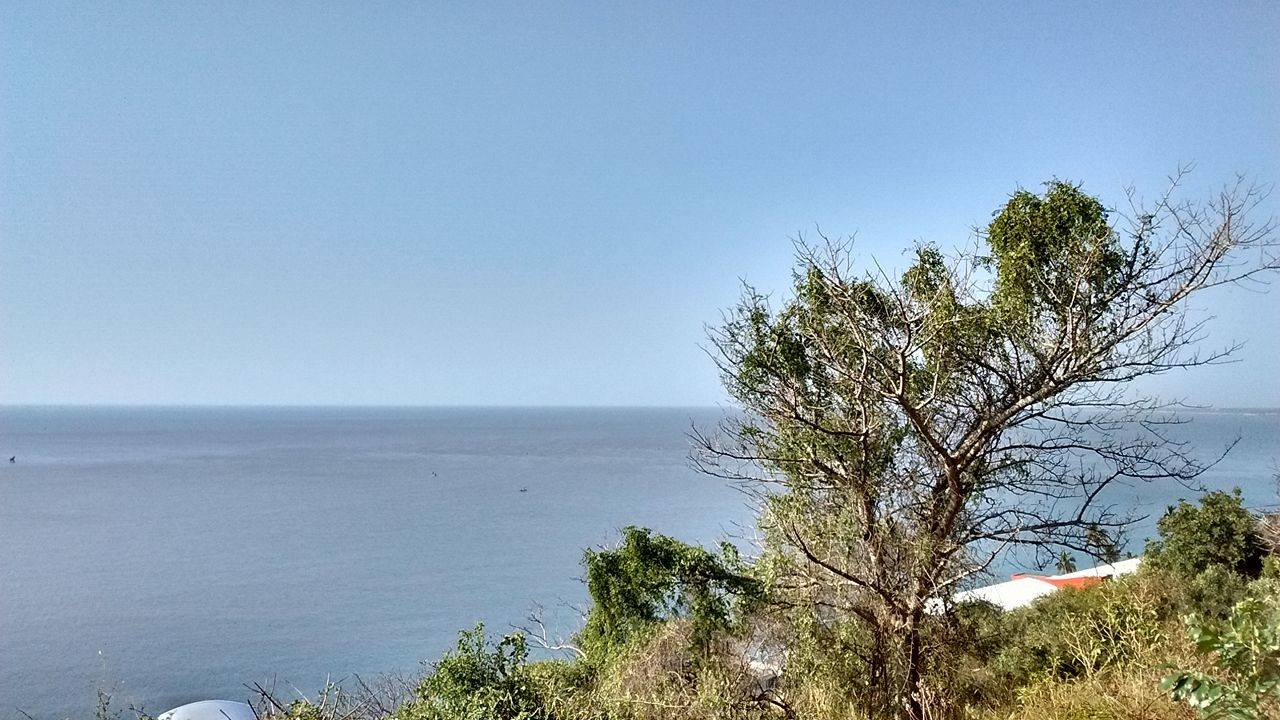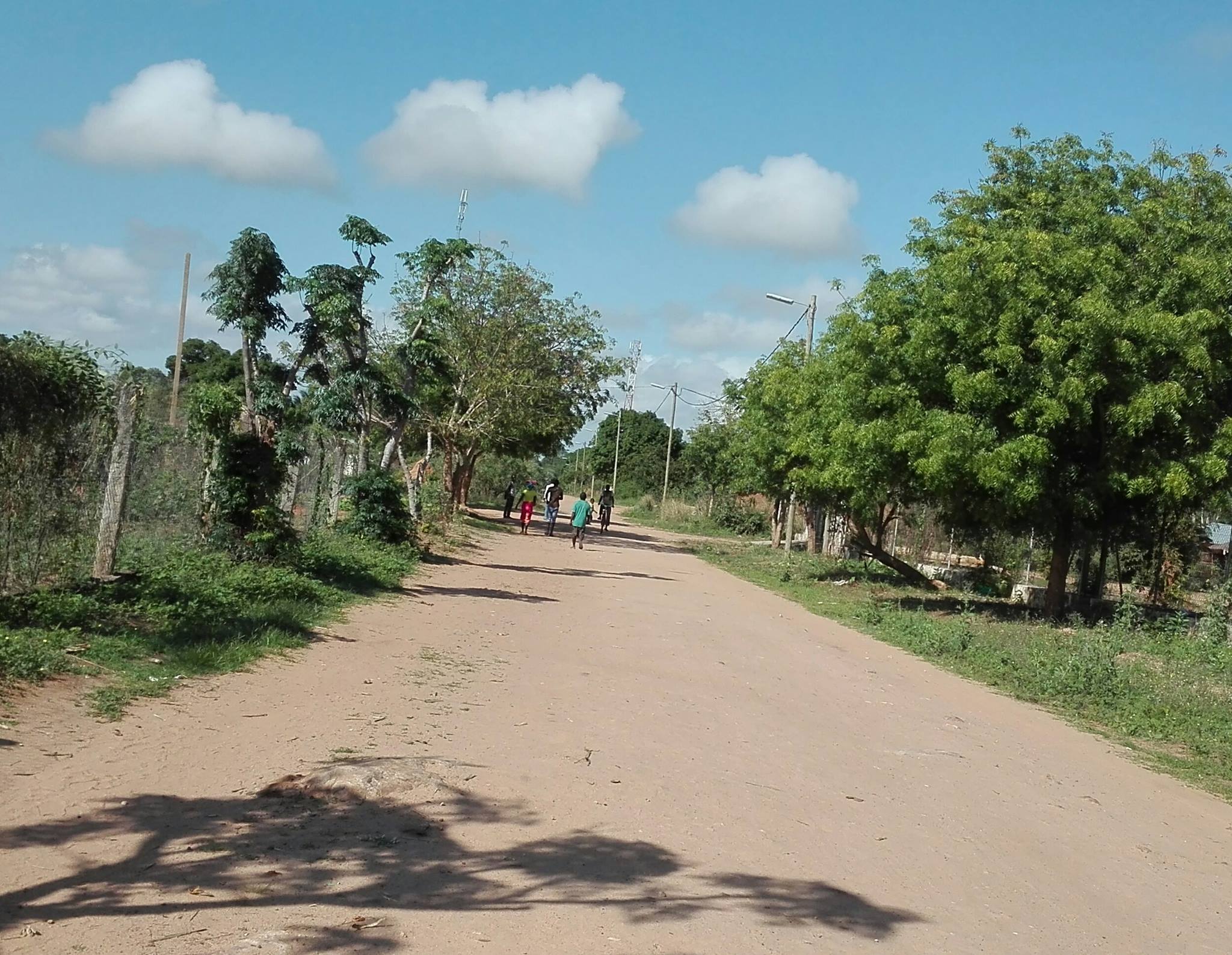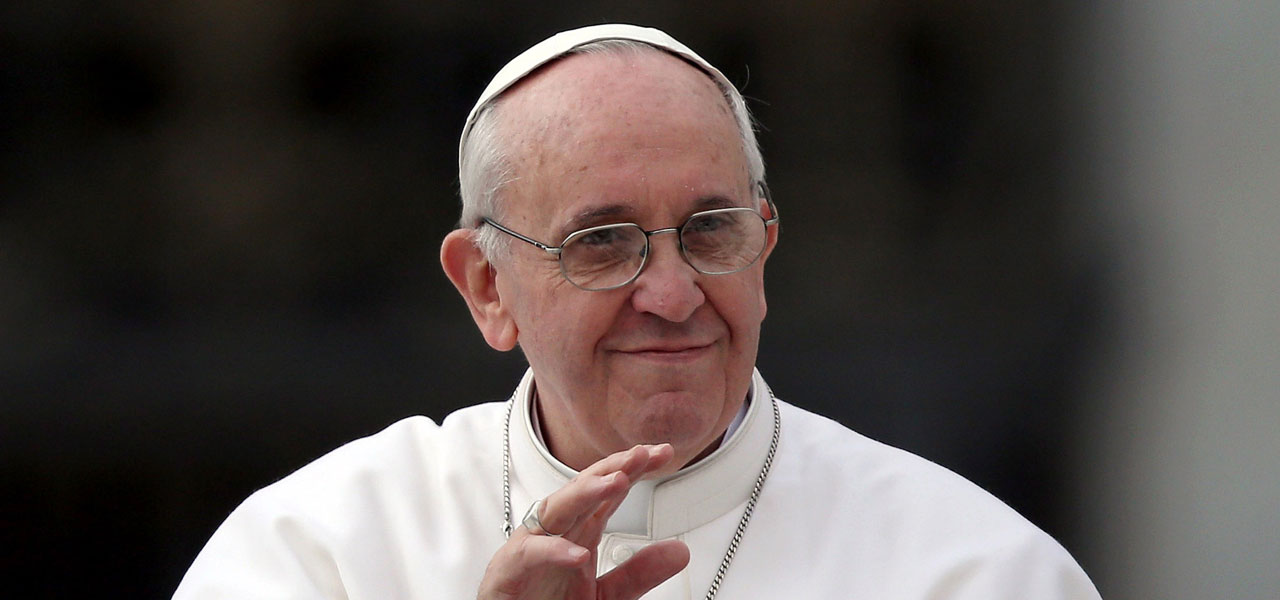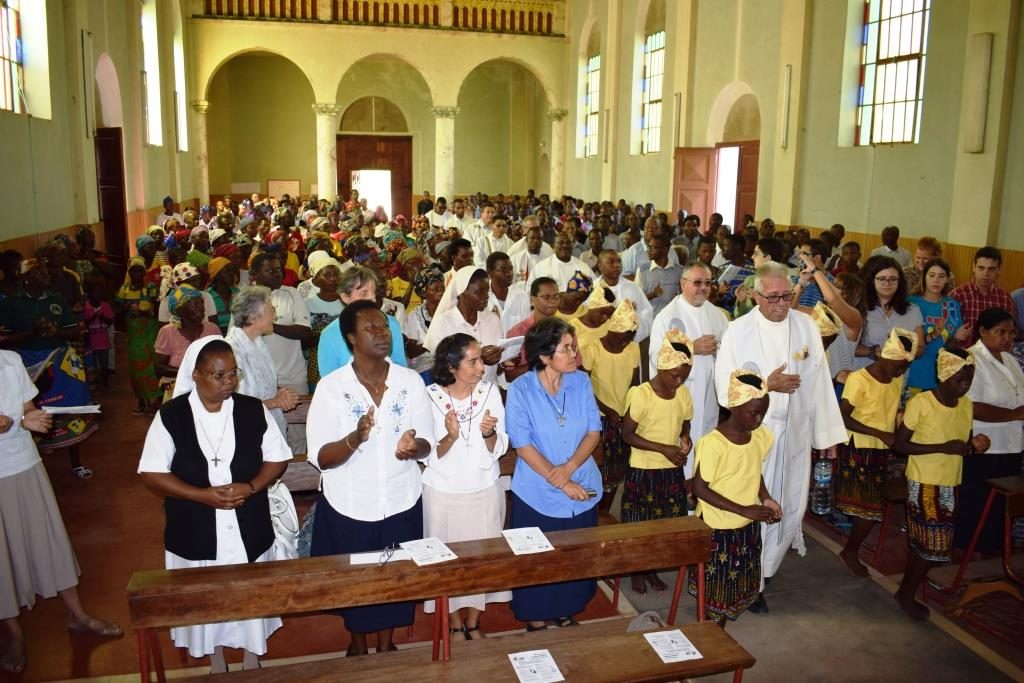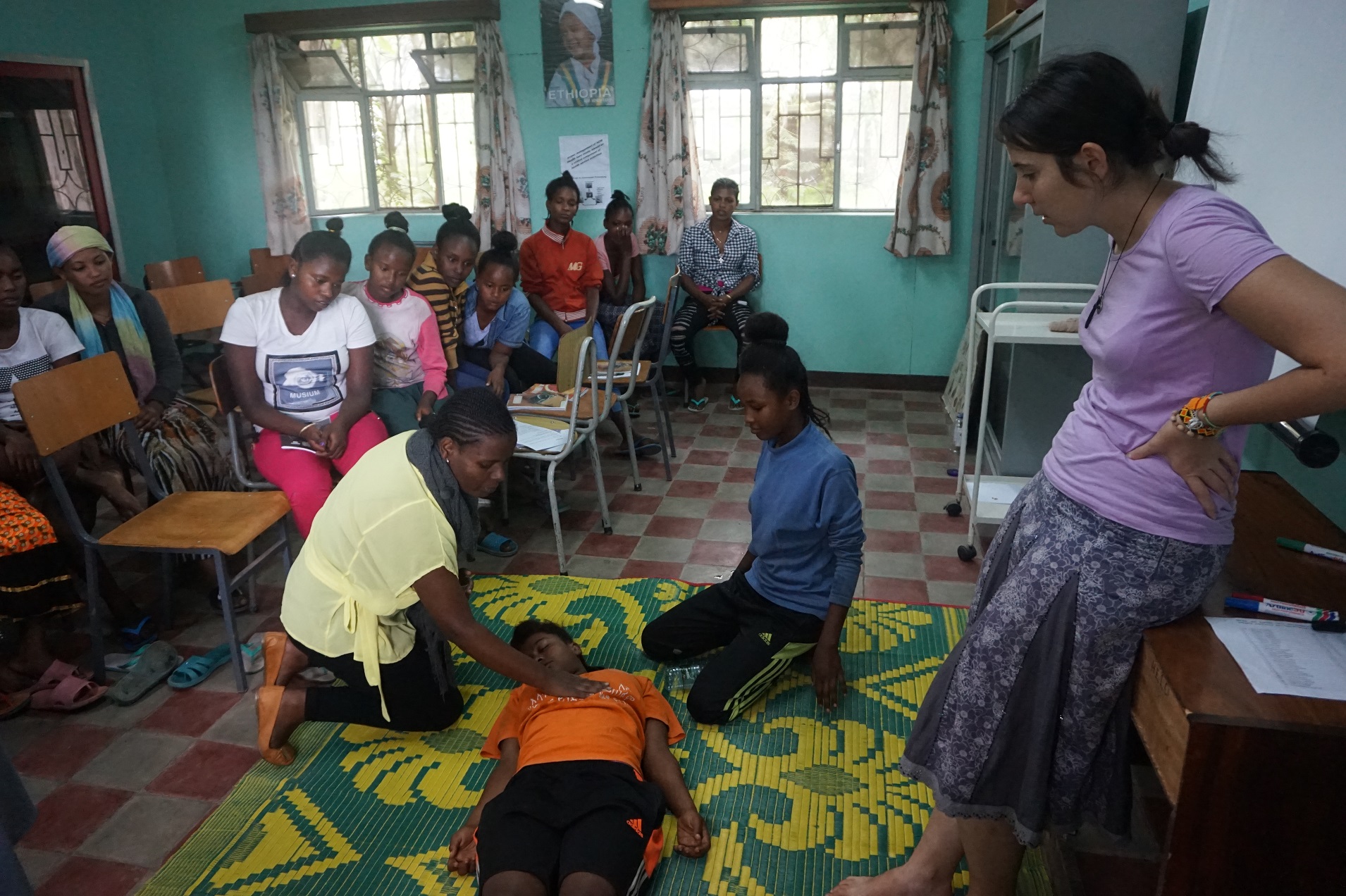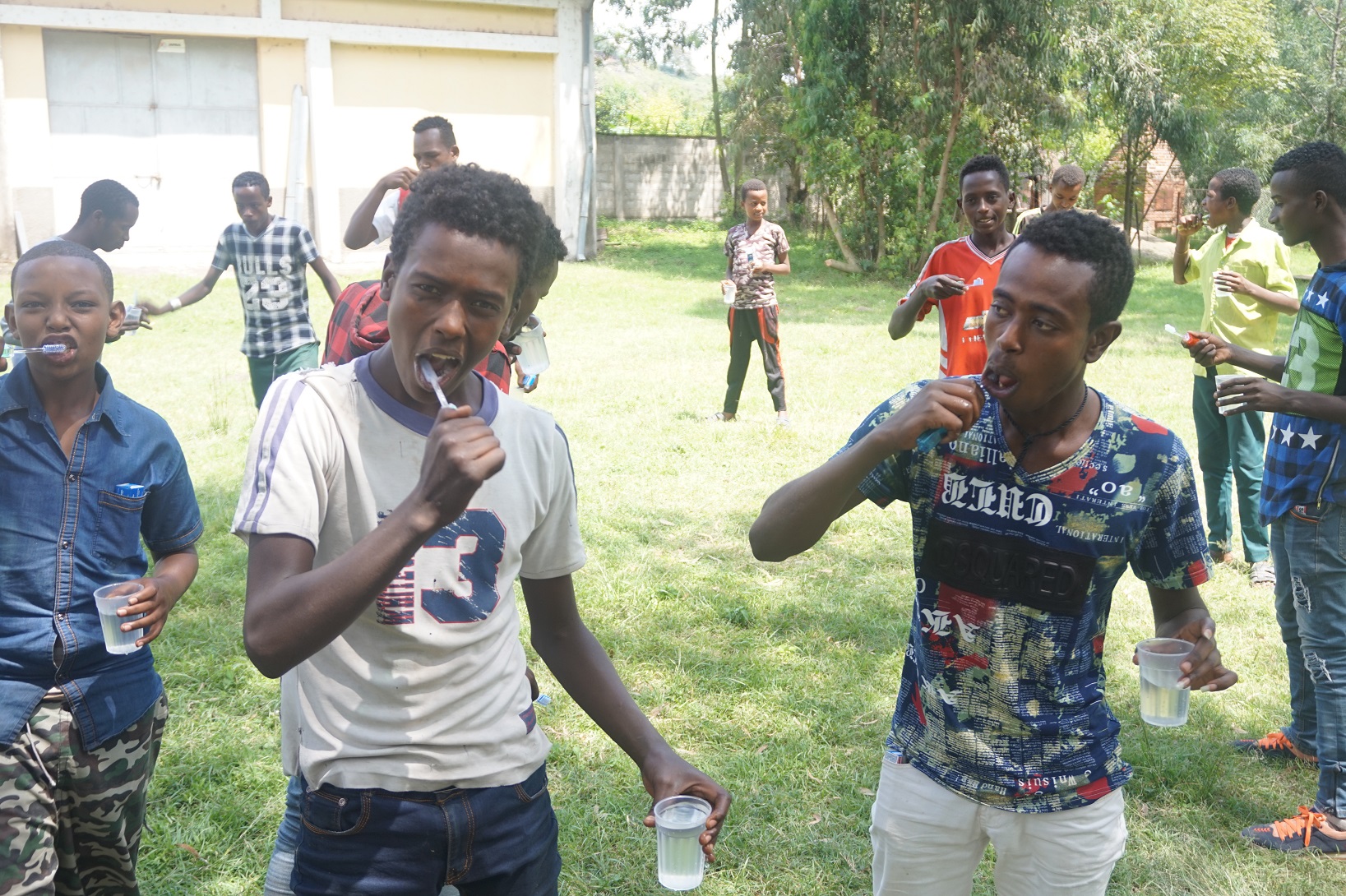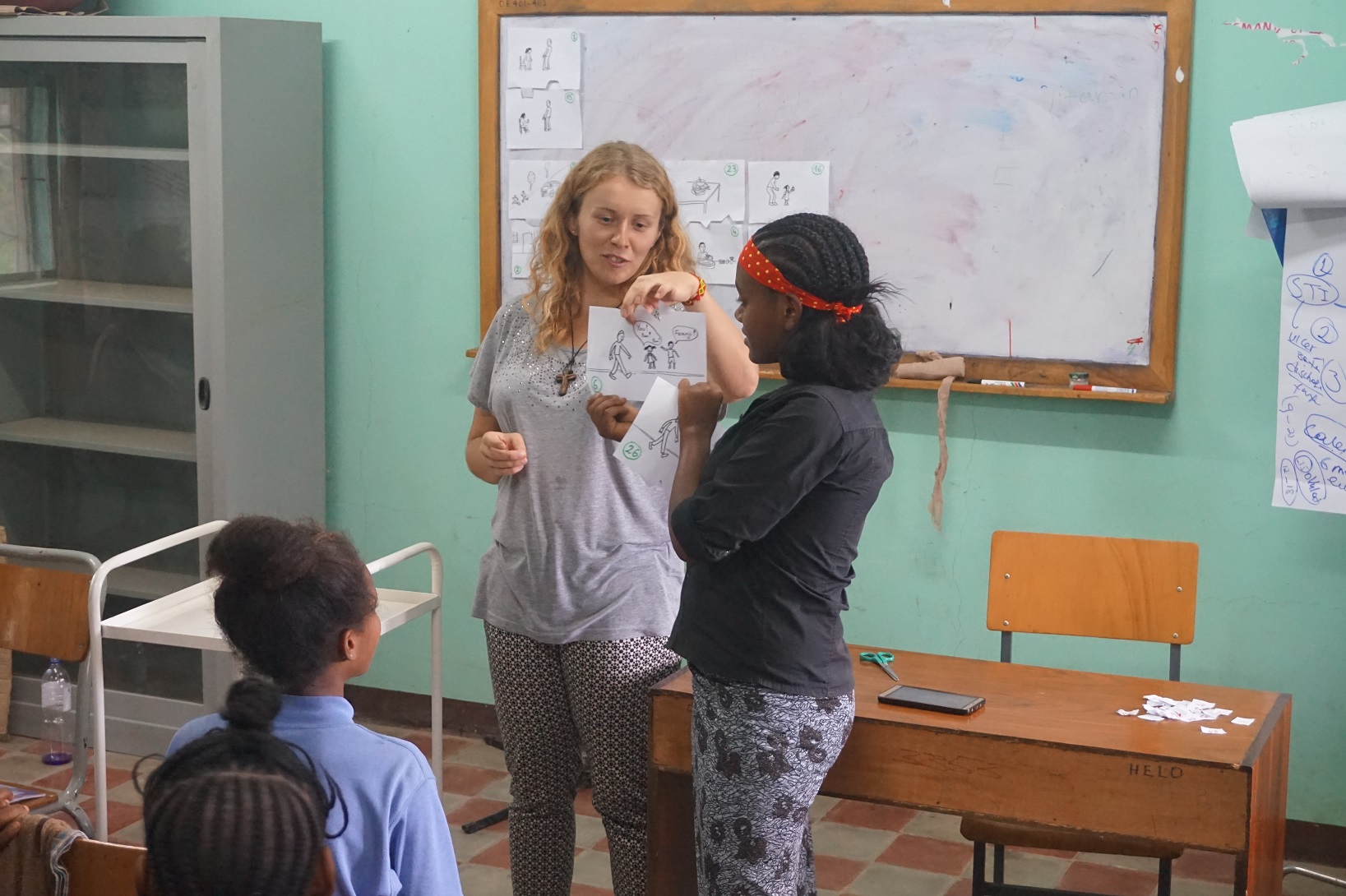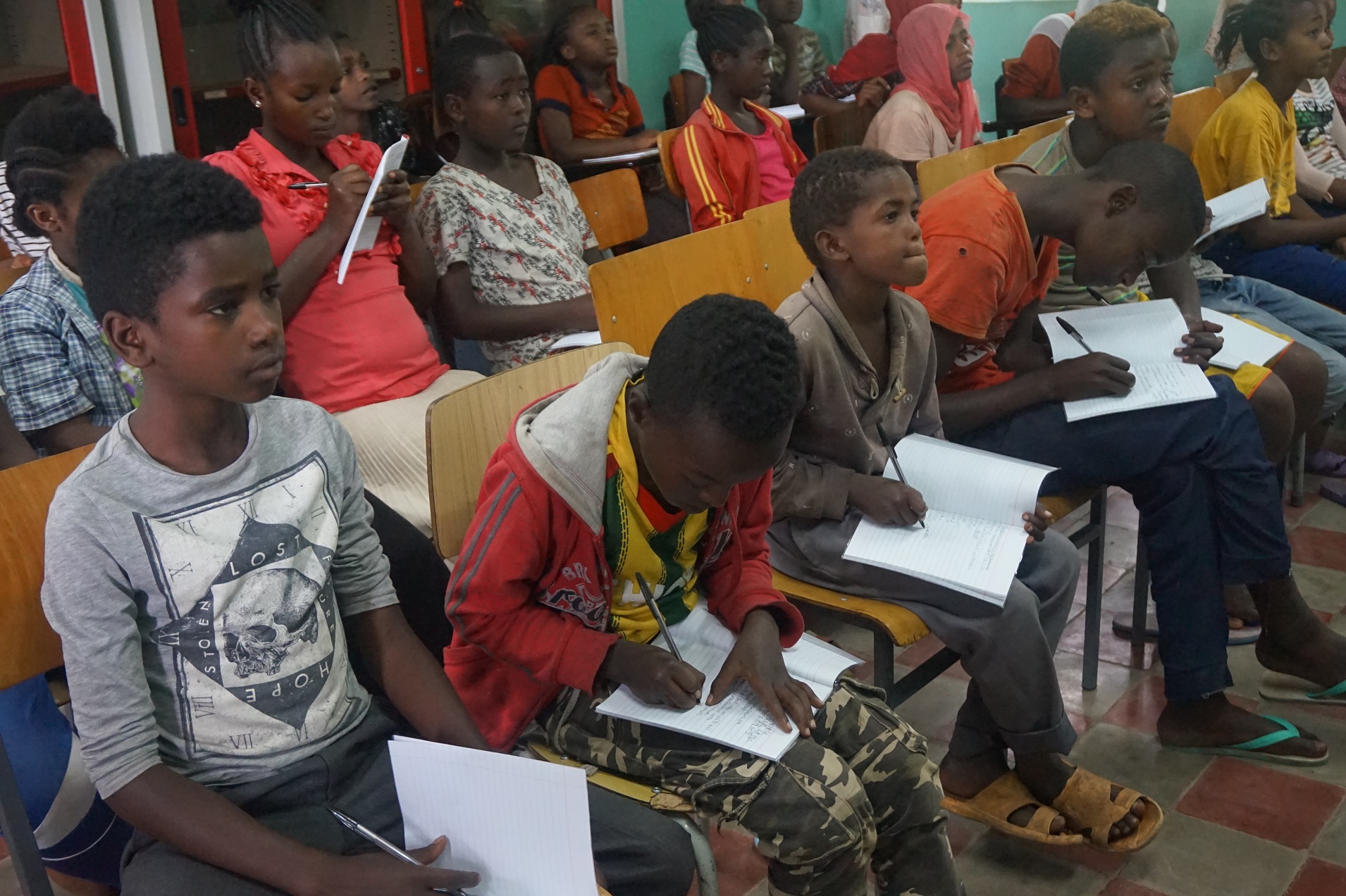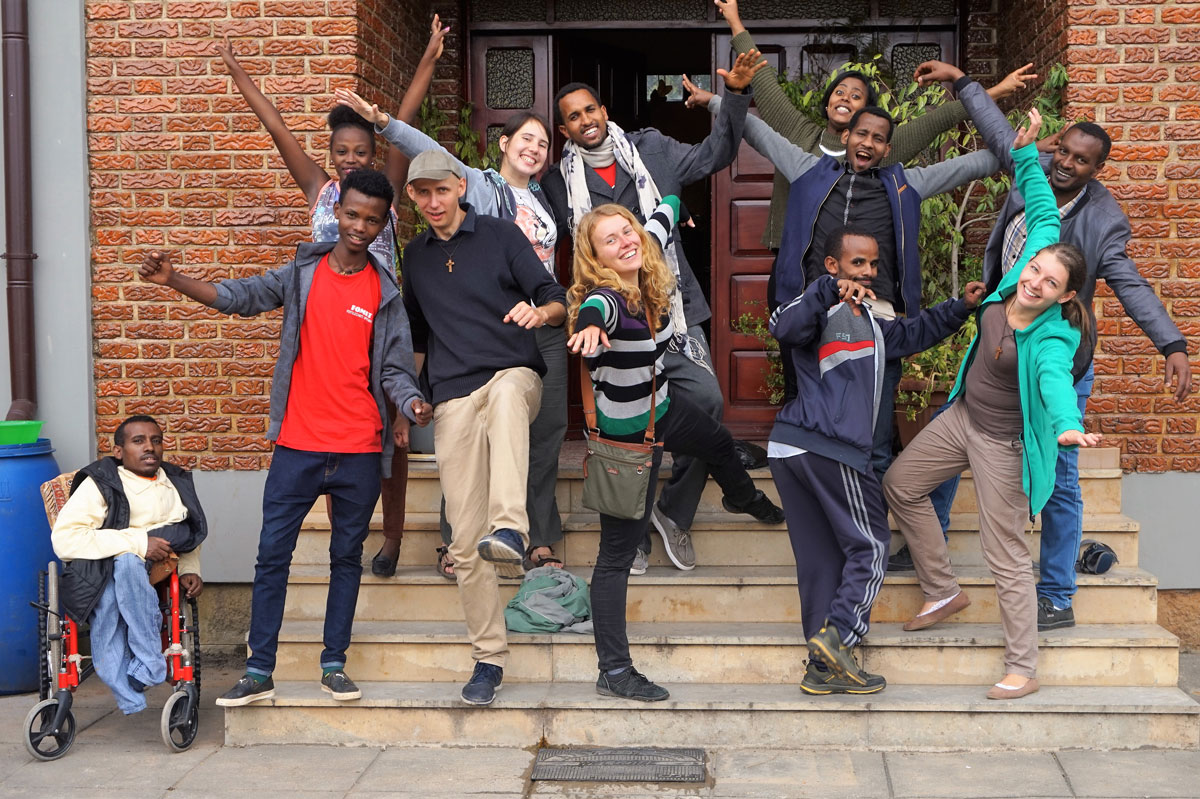It’s 5:00 in the morning and the movement inside the plane suggests that the landing in Mozambique is near. Some people, however, are still sleeping. It’s turning out to be a quiet trip with time for everything: resting, watching movies, getting bored, wishing you could stretch your legs… It’s all happening! The gentleman in the window seat at my left opens the curtain. Wow! It is dawn, a real blessing: the first miracle I am witnessing in this new land is the dawn. Magnificent. I can only see a framed painting in vivid colors. It is impossible to remain indifferent to so much beauty, and the colors fill me with joy and warmth. I would love to be landing already.
———————
I am in Mozambique! I reached Maputo. It is hot and the smells are more noticeable due to the heat. The colors clash, while the blue of the bay seems to blend with the sky. There is a new soul here and life seems to run at a singular speed. People are smiling and inquisitive. Fr. Pabro, a Comboni Missionary was waiting for me at the airport. He was holding a copy of Audacia, and laughed readily at how I recognized this “code of localization/identification.” “less is more” and “for a good observer, few words are needed.” He took me to the provincial residence and showed me a few things along the way. I stayed the morning in that community of Maputo. After lunch I went to the airport and, God willing, by late afternoon I will be in Nampula with Kasia.
—————–
We were about half way to Nampula when six-year old Samuel started running back and forth from one end of the plane to the other. The cushion he was playing with fell near my seat. I picked it up and stretched my arm to give it back to him.
- English? He turned his head to the left. Portuguese? He tuned his head to the right.
- Portuguese it was, as I nodded in agreement. We laughed and exchanged a High Five.
We played and talked for a while about a lot of things. Then he volunteered: “I am going to see my brothers and my family. And you?”
“So am I,” I answered without thinking.
I realized later that I had answered, “so am I…” May God will it and help me to make it so.
I landed in Nampula in the late afternoon and it was already dark. I was still waiting for my luggage when Kasia entered the hall… How nice to be welcomed and received with such enthusiasm that made her “invade” this area to come meet me!
From there we went to the Sisters’ house. We ate, talked and rested. On the way to my room I fully realized the novelty of what was happening: there was a mosquito net over my bed. No doubt, it was really happening!
I dropped in bed happy and grateful to God for all the graces he has granted me so far, at least until today. For the rest, let it be as he wants.
Friday, August 11, 2017
This afternoon Kasia and I resumed our journey to Carapira, our mission and our home. During the trip I enjoyed the scenery. My first, or ‘major’, impression of Africa, of Mozambique, is space – space as far as the eye can see, where all the journeys are long, where there is a silence that enters into you. It is a scenery without end which requires patience and gives time for contemplation. I think it is impossible not to be lifted up by this poetry pervading the world with its immensity, God’s horizon.
In the evening, after supper, we welcomed into our home a couple of local lay people, the teachers Martinho and Margarita, the Comboni Sisters Clarinda, Eleonora, María José and Teresinha, Brother Luigi and Fr. Firmino. It was a joyous and beautiful time of getting together that affirmed, once more and above all, the meaning of the hospitality we practice here.
Wednesday, August 16, 2017
I woke up last night thinking that it was almost time to get up. The lack of light, both outside and inside was telling me otherwise. I took the lamp, shone it on the clock next to my bed and the hands confirmed that it was night time, deep night time. There were still three hours before the first signs of day. I couldn’t sleep. I sat up in bed with my back to the wall and rested in the special stillness that we experience in those hours. “What peace!” I though, while I remembered that beautiful thought of St. John of the Cross – “the night is the time of the silent house.”
Thursday, August 17, 2017
This morning for the first time I walked through the neighborhood, visiting the community. On the way back, my heart was full of joy. I played with the children. I could not understand those who were talking to me in Makua and they could not understand me. But we laughed and played, and with this childish joy we were able to establish some non-verbal communication in spirit. So far it has worked with the children… As I was walking by the door of the school there was a woman talking with Sergio. We exchanged greetings:
- Salama! Ihàli?
- Salama! Khinyuwo?
Nothing more. If it had not been for Sergio’s help, I would not have understood what she wanted to tell me. On the one hand, I was grateful: for the woman who, while she understood that I needed a word-by-word translation, did not desist from talking to me and ask me about my health and my family; for the person who stuck by me and patiently translated the conversation. On the other hand, I was embarrassed because I could not understand what she was saying (this happened not only in this case, but during the entire morning and at other times during the week like, for example, during Sunday Mass celebrated in Makua).
“To depend on translations requires patience and humility… kneel down, Marisa, become little and grateful,” I consoled myself.
—————–
I returned home. I was putting some things in order when I heard a young voice:
- Hoti? (Hello?)
- Hotìni (Please) I answered.
I opened the door and a young woman was waiting for me with a smile. Darn it! I am alone in the house… if she is asking for my help for anything, I do not know how I will answer because I know nothing…” I was thinking while walking outside…
- I am Ancha. Have you heard about me? I have come to introduce myself and welcome you…
Then we talked for a while. “Time…” Here people converse and “spend” time with each other – without worrying. This introduction was another lesson. Marisa, learn. As she left she said something in Makua. I did not understand and I could not answer. “I must learn something in Makua… I feel it is the least I can do for the time being, to show my gratitude for the hospitality of the people,” I told myself as I reentered the house.
And so it is… despite the discomfort we feel when we do not know something, knowing “nothing” also involves some inner health and creativity.




